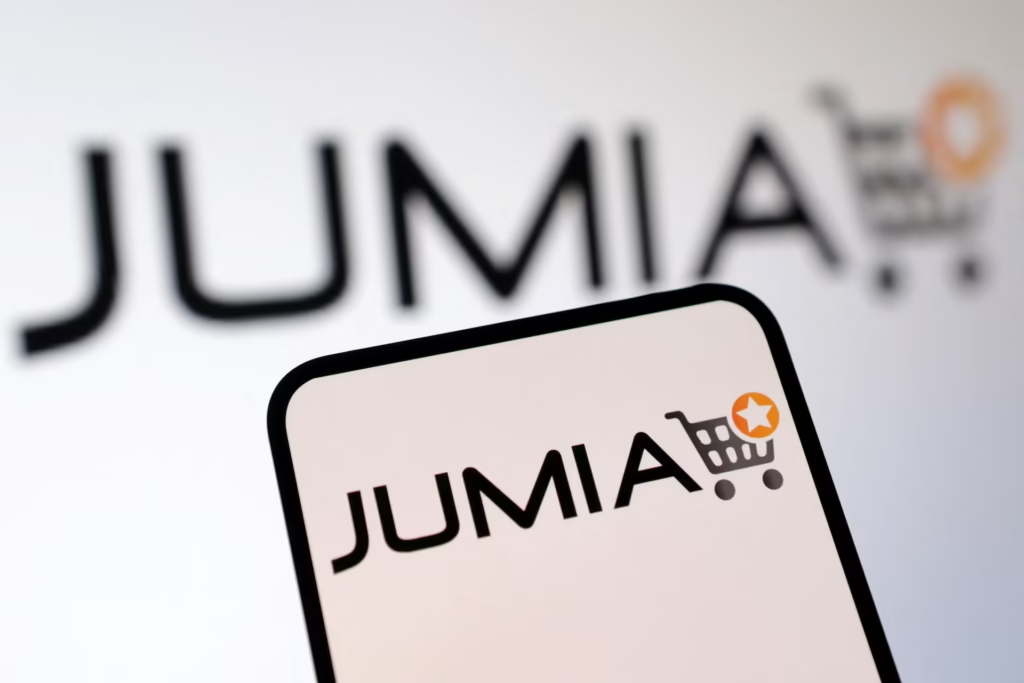
Cocoa purchases in Ghana, the world’s second-largest producer, have been running smoothly during the 2024/25 crop season. This success follows a shift to a new funding model, which requires global traders to pay upfront for part of their shipments, according to Cocobod CEO Joseph Aidoo on Monday.
The new system, which launched in September, replaces a three-decade-old model that relied on an annual syndicated loan from international banks to finance bean purchases. The previous method often led to payment delays, hurting farmers and fueling bean smuggling.
Aidoo emphasized that the updated funding strategy not only saves on interest costs but also ensures prompt payments to licensed cocoa buyers (LBCs). This has stopped the practice of borrowing beans from farmers and improved buyers’ profitability.
Under the old syndication system, Ghana used up to 80% of its seasonal cocoa output as loan collateral. Delays in loan disbursements led to a crippling debt cycle in the cocoa industry, Aidoo explained.
Now, licensed buyers are using their own funds or money sourced from their trading partners to purchase cocoa. Once the cocoa is delivered to Cocobod, traders are notified and shipments begin. Payments are made once bills of lading are prepared, enabling LBCs to promptly buy more cocoa.
Although there were concerns that the transition might cause disruptions, Aidoo reported no complaints from farmers about payment delays.
After a difficult 2023/24 season, marked by poor harvests and heavy smuggling, Ghana’s cocoa production is expected to recover to 650,000 metric tons this season. Enhanced farming techniques and farm rehabilitation are expected to stabilize the country’s cocoa sector, Aidoo added.




